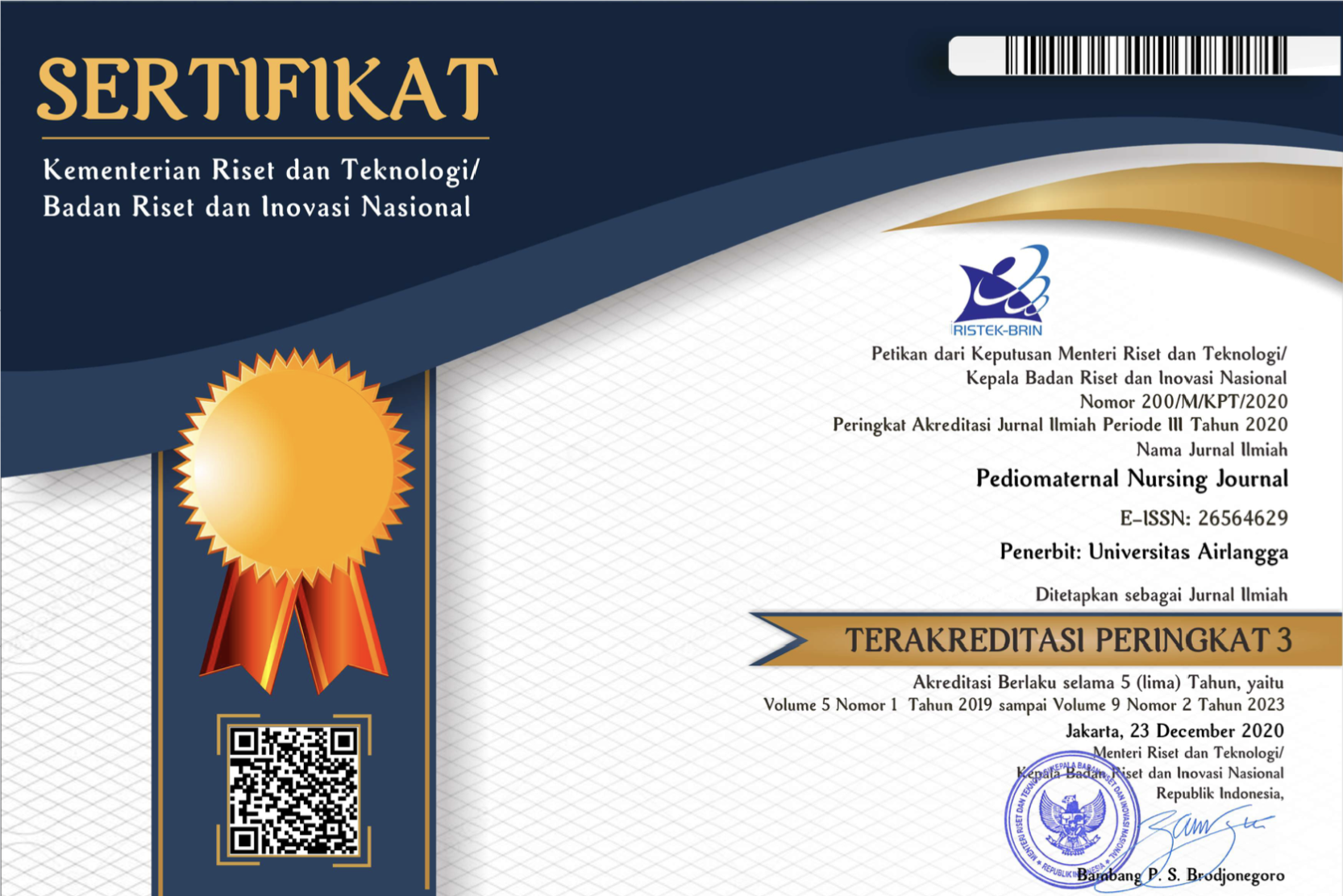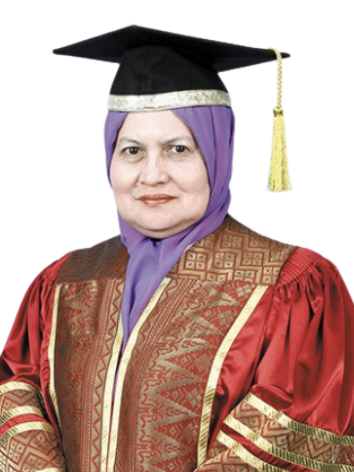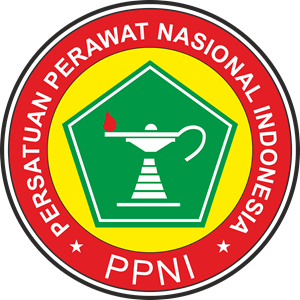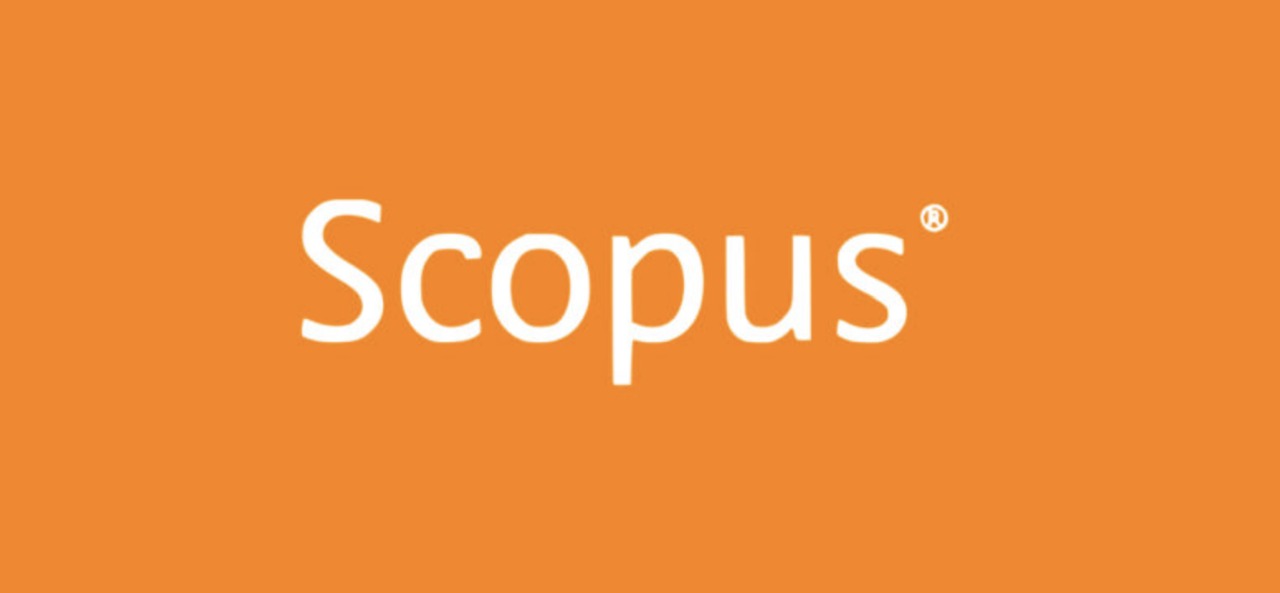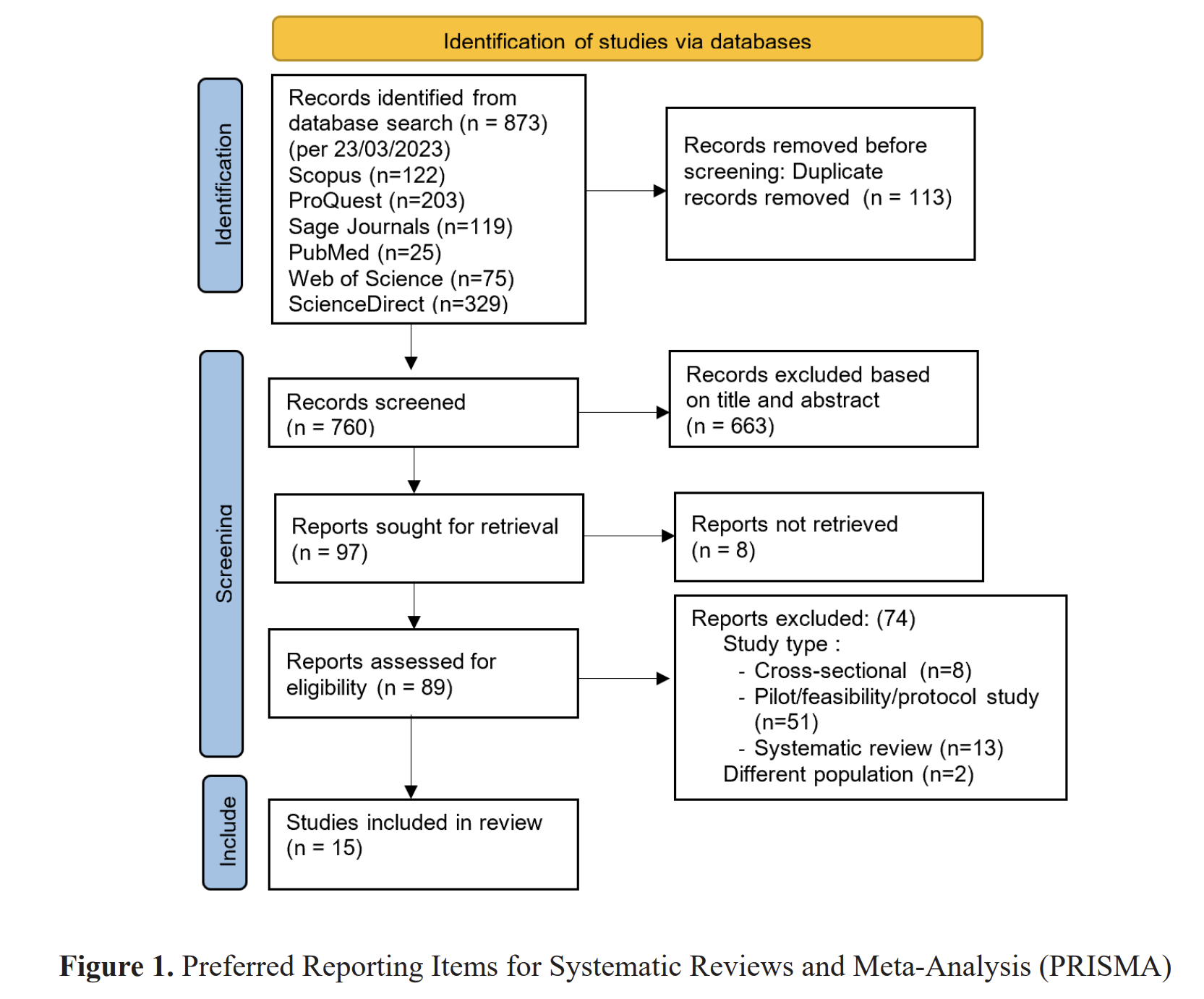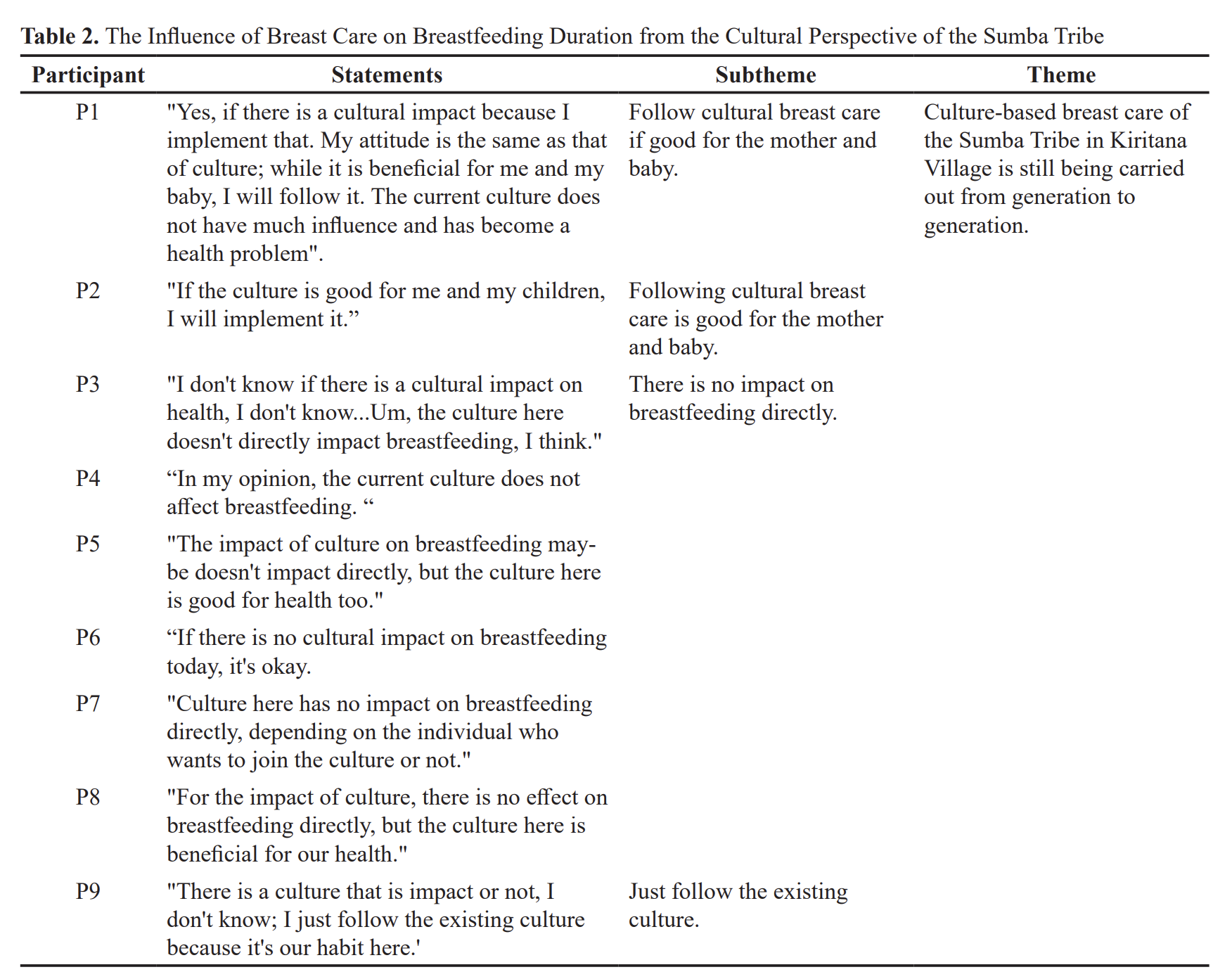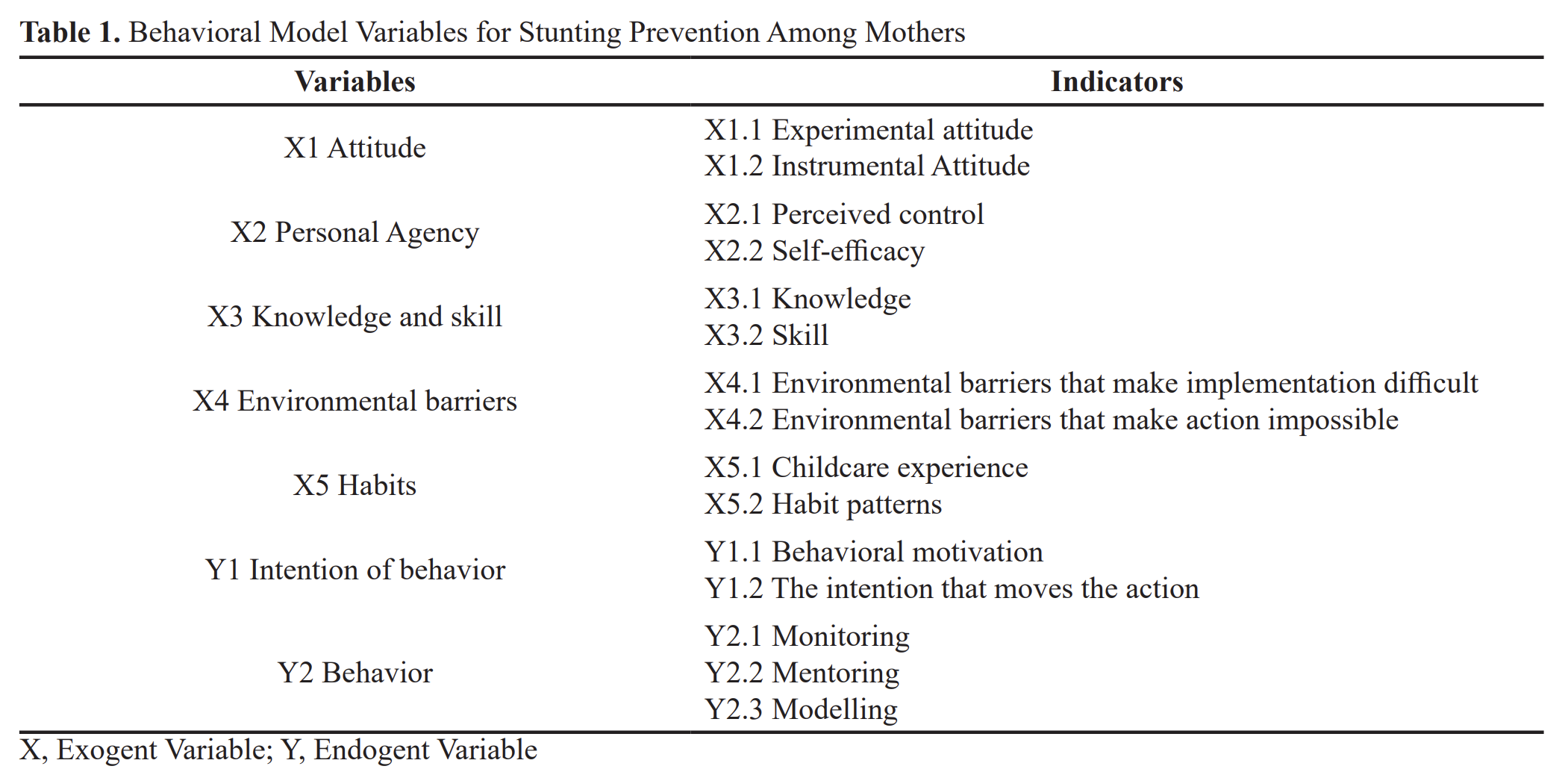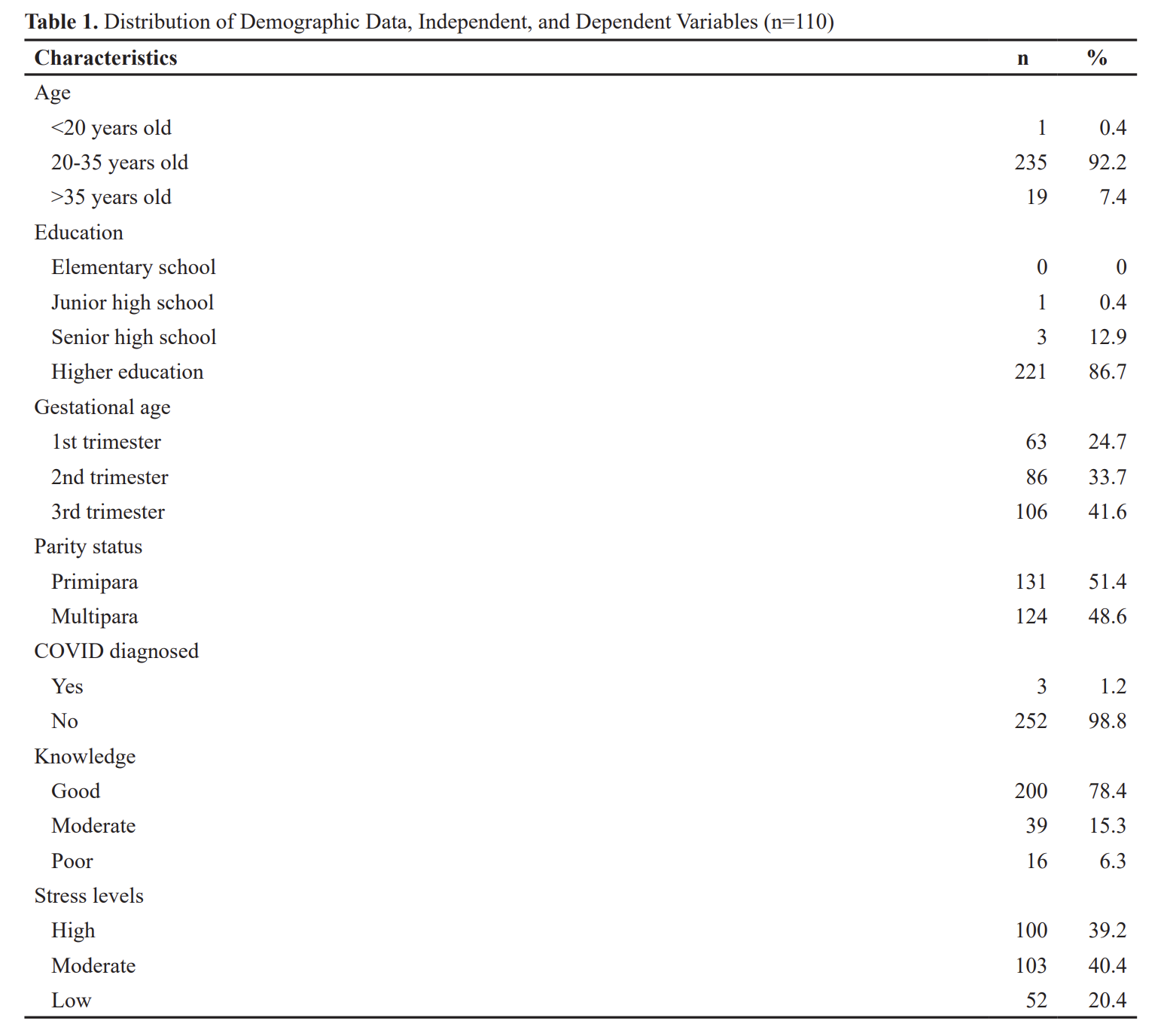Peer educator’s role in sharing sexuality and reproductive health information among adolescents
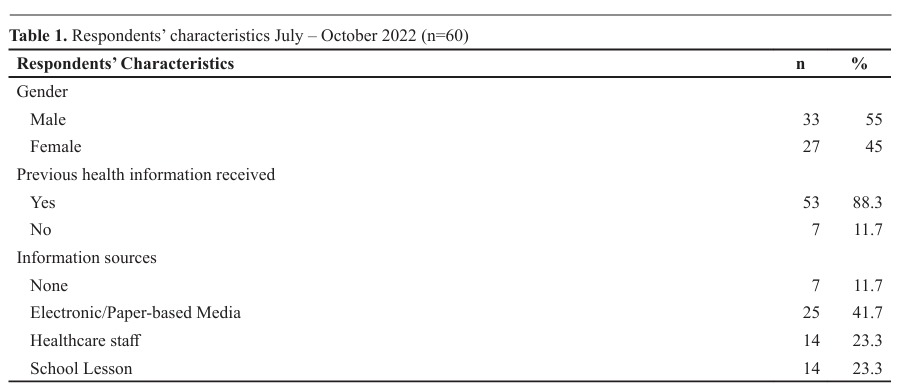
Downloads
Introduction: Adolescents, driven by their curiosity, are often inclined to explore new experiences, including premarital sexual behavior. The prevalence of such behavior among teenagers increases the risk of unwanted pregnancies. A lack of comprehensive information on sexuality and reproductive health contributes to the likelihood of engaging in risky sexual activities. Peer educators are considered effective in delivering crucial information on these topics. This study aims to evaluate the role of peer educators in providing sexuality and reproductive health education to adolescents.
Method: This study employed a one-group pretest-posttest design, conducted at SMAN Taruna Nala Malang with a sample of 60 students. Due to the non-normal distribution of the data, the Wilcoxon statistical test was used for analysis.
Results: The statistical analysis yielded a P-value of 0.329, indicating no significant difference between the pre-test and post-test results before and after the intervention. The lack of significance may be attributed to the peer educators' proficiency in delivering the information.
Conclusions: There is a need to strengthen reproductive health education for high school students by integrating it into the academic curriculum. This approach can serve as an early intervention to prevent premarital sexual behavior among adolescents.
Keywords: adolescent; peer educator; reproductive health; sexuality
Copyright (c) 2024 Fransiska Imavike Fevriasanty, Laily Yuliatun, Ayut Merdikawati

This work is licensed under a Creative Commons Attribution 4.0 International License.
1. The journal allows the author to hold the copyright of the article without restrictions.
2. The journal allows the author(s) to retain publishing rights without restrictions.
3. The legal formal aspect of journal publication accessibility refers to Creative Commons Attribution (CC BY).

